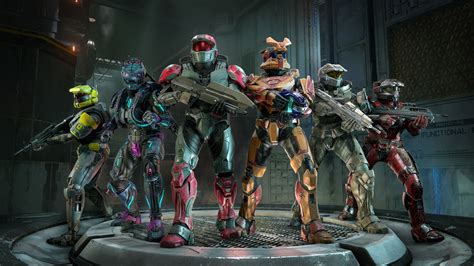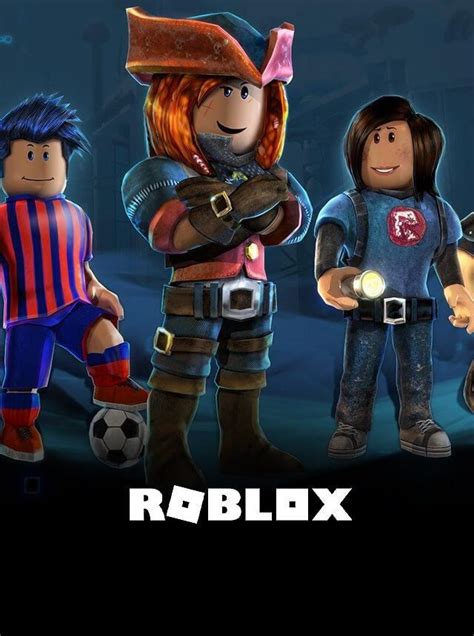Halo Franchise Overview

The Halo franchise, a seminal series in the realm of first-person shooter games, has been a cornerstone of Xbox console gaming since its inception in 2001. Developed by Bungie and now managed by 343 Industries, Halo has evolved into a sprawling universe that encompasses not only video games but also novels, comic books, live-action television series, and even a forthcoming film. The franchise's narrative, which combines elements of science fiction, action, and mystery, revolves around humanity's struggle against an alien alliance known as the Covenant, with the iconic character Master Chief Petty Officer John-117, or Master Chief, at its forefront.
At the heart of the Halo series is its meticulously crafted universe, replete with detailed lore and an expansive timeline that spans thousands of years. The games are set in the 26th century, where humanity, under the auspices of the United Nations Space Command (UNSC), has colonized other planets across the galaxy. However, this expansion is threatened by the Covenant, a powerful and technologically advanced alliance of alien species that worships ancient, powerful beings known as the Forerunners. The Covenant believes that activating the Halo Array, a series of ring-shaped megastructures created by the Forerunners, will bring about a divine transformation, but in reality, this activation would destroy all life in the galaxy to starve the Flood, a parasitic alien species, of hosts.
Key Points
- The Halo franchise is centered around first-person shooter games but has expanded into other media forms.
- The narrative primarily focuses on the human-Covenant war and the role of Master Chief in saving humanity.
- The Halo universe is rich in lore, with a detailed history and a complex timeline.
- The series explores themes of humanity, sacrifice, and the ethical implications of advanced technology.
- With its evolution, Halo has become a cultural phenomenon, influencing gaming and pop culture.
Main Series and Spin-Offs

The main series of Halo games includes Halo: Combat Evolved, Halo 2, Halo 3, Halo 4, Halo 5: Guardians, and Halo Infinite. Each game builds upon the story of the previous one, adding layers to the narrative and expanding the universe. The series has also spawned several spin-off games, such as Halo: Reach, a prequel to the original game, and Halo: ODST, which focuses on an Orbital Drop Shock Trooper. Moreover, Halo Wars and its sequel, Halo Wars 2, offer a real-time strategy perspective on the universe, exploring different eras and characters.
Storyline Evolution
The storyline of Halo has undergone significant evolution since its inception. Initially, the series focused on the human-Covenant war and Master Chief’s role in discovering and preventing the activation of the Halo Array. As the series progressed, it delved deeper into the Forerunners’ history, the origins of the Halo Array, and the true nature of the Flood. Halo 4 introduced the Didact, a Promethean warrior, and explored the complexities of the Forerunner’s legacy, while Halo 5: Guardians introduced Agent Jameson Locke and his hunt for Master Chief, setting the stage for a more personal and introspective narrative in Halo Infinite.
| Game Title | Release Year | Platform |
|---|---|---|
| Halo: Combat Evolved | 2001 | Xbox |
| Halo 2 | 2004 | Xbox |
| Halo 3 | 2007 | Xbox 360 |
| Halo 4 | 2012 | Xbox 360 |
| Halo 5: Guardians | 2015 | Xbox One |
| Halo Infinite | 2020 | Xbox One, Xbox Series X/S, Windows |

Impact and Legacy

The Halo franchise has had a profound impact on the gaming industry, both in terms of its influence on first-person shooter mechanics and its contribution to the popularity of the Xbox console. The series has also expanded beyond gaming, with its novels, such as “Halo: The Fall of Reach” and “Halo: First Strike,” providing deeper insights into the universe’s lore and characters. The live-action web series “Halo 4: Forward Unto Dawn” and the more recent “Halo” series on Paramount+ have further expanded the narrative, appealing to both gamers and non-gamers alike.
Cultural Significance
Beyond its entertainment value, the Halo franchise has become a cultural phenomenon, symbolizing the evolution of gaming as a medium and its ability to tell complex, engaging stories. The franchise’s themes of duty, sacrifice, and the exploration of what it means to be human resonate deeply with audiences. The series has also inspired countless fan creations, from art and fiction to cosplay and fan films, showcasing the community’s dedication and passion for the universe.
In conclusion, the Halo franchise represents a pinnacle of achievement in game development, storytelling, and community engagement. Its richly detailed universe, combined with its memorable characters and epic storyline, has cemented its place in the annals of gaming history. As the franchise continues to evolve, with new games, media, and technologies on the horizon, its legacy as a cultural and gaming icon is assured, inspiring new generations of gamers and fans alike.
What is the main plot of the Halo series?
+The main plot revolves around humanity’s war against the Covenant, an alien alliance, and the activation of the Halo Array, which could destroy all life in the galaxy.
Who is the main character in the Halo series?
+Master Chief Petty Officer John-117, or Master Chief, is the iconic protagonist of the series, a super-soldier equipped with advanced combat armor and abilities.
What platforms are Halo games available on?
+Halo games are primarily available on Xbox consoles, including the original Xbox, Xbox 360, Xbox One, and Xbox Series X/S, as well as on Windows for certain titles.



